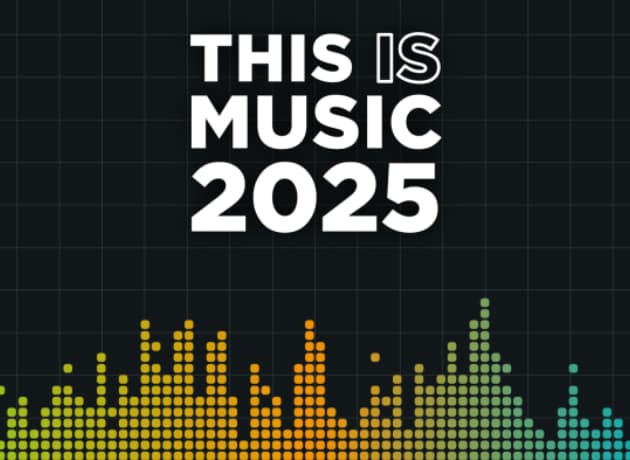The 2022 Workforce Diversity Survey from UK Music provides some signs of progress and some disappointments, and is accompanied with a new action plan from the industry body to improve diversity and inclusion across the music industry.
Launched in 2016, the survey regularly tracks music industry representation data in a number of areas including gender, ethnicity, disability, LGBTQ+, and working parents and carers as part of the UK Music Diversity Report.
The data reveals that the proportion of women in the UK music industry has reached a record high of 52.9 per cent, up from 49.6 per cent in the previous survey in 2020.
Representation of women in mid-level roles has risen from 40.4 per cent in 2020 to 45.1 per cent in 2022, and those in senior roles from 51.2 per cent to 53.3 per cent. However, women still start to leave the industry in their mid-forties. Women are well represented in the 35-44 age category (53 per cent) but the 45-54 age bracket (44.3 per cent) is the point at which female representation starts to drop, with the numbers reducing further for those aged 55-64 (33.3 per cent).
After the 2020 survey showed positive progress on ethnicity, the latest data shows a drop off. Just over one fifth of individuals working in music identify as Black, Asian or from an ethnically diverse background. This was down from 22.3 per cent two years ago.
Black, Asian and ethnically diverse respondents aged 25-34 rose from 24.8 per cent in 2020 to 26.3 per cent in 2022. In entry-level positions, the proportion of Black, Asian and diverse ethnicity employees fell from 34.6 per cent two years ago to 23.6 per cent in 2022. At senior level there was a drop from 19.9 per cent to 18.3 per cent.
It is possible that employees from Black, Asian and ethnically diverse communities were disproportionately affected by the impact of COVID-19, which saw total jobs in the music industry fall from a pre-pandemic high of 197,000 to 145,000 in 2021.
In addition to publishing the 2022 survey results, the UK Music Diversity report also sets out a new music industry action plan to accelerate positive change by boosting diversity and inclusion in music businesses.
Called “The Five Ps”, the action plan maps out five key areas that UK Music hopes the music industry can use as a framework to deliver enduring results.
The 15 recommendations in the plan include: cultivating a transparent, safe and consciously inclusive culture for all staff; increasing opportunities for underrepresented groups; working towards a five-year EDI strategy and vision; incorporating EDI into every part of an organisation or businesses structures; publishing data on gender, ethnicity and disability pay gaps annually in larger employers; and ensuring there is a strong EDI mindset at the heart of all tendering and procurement processes.
Read more.




